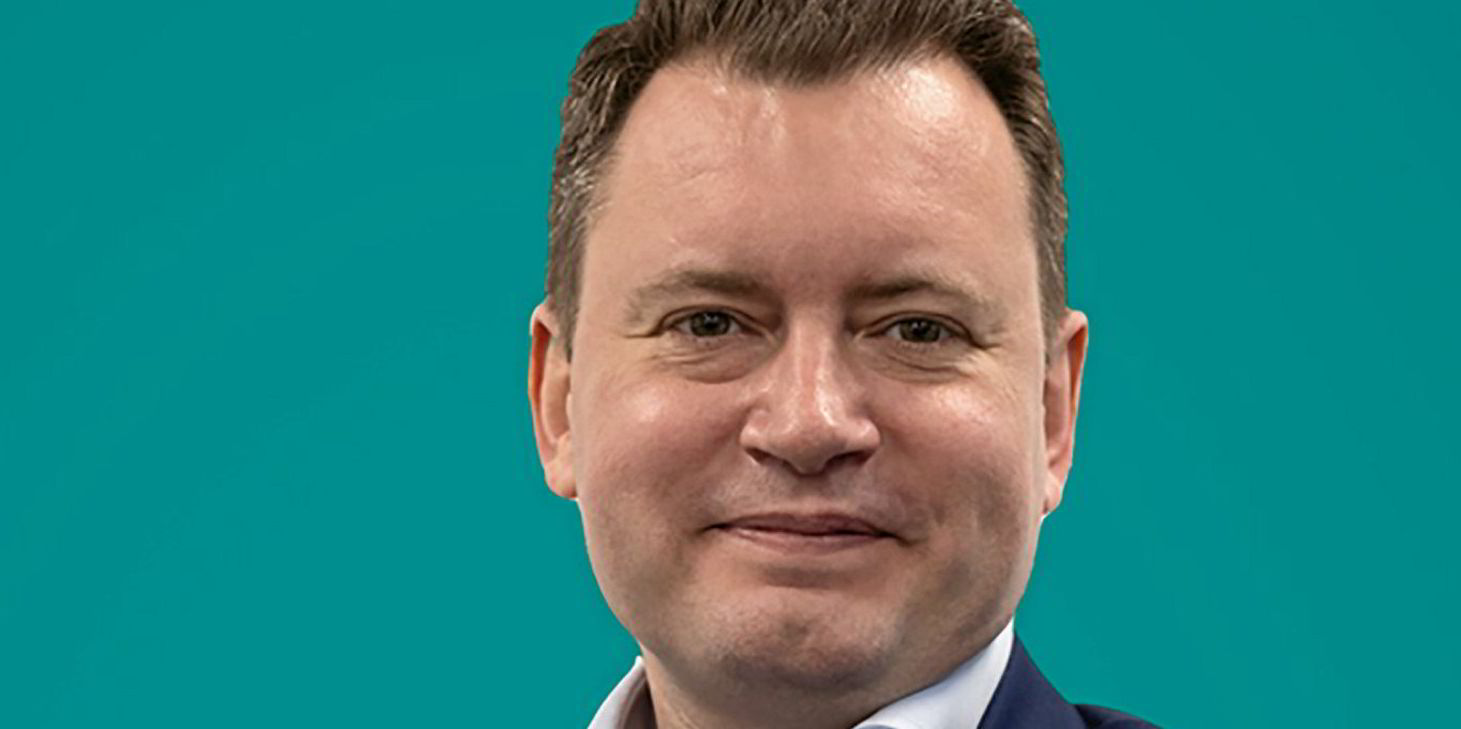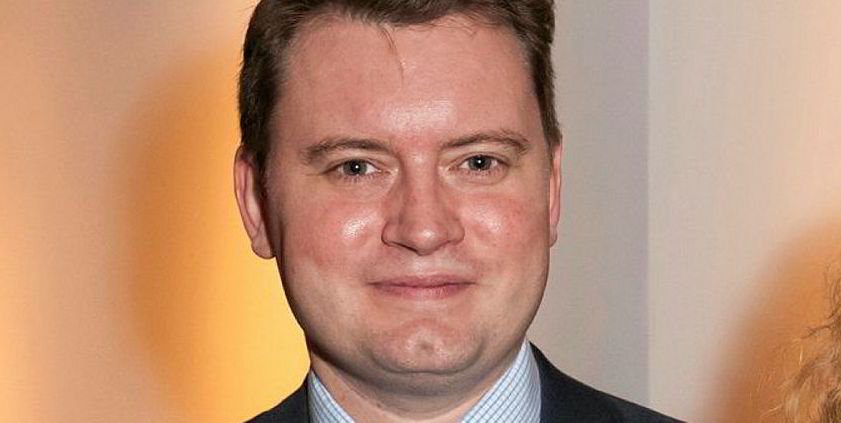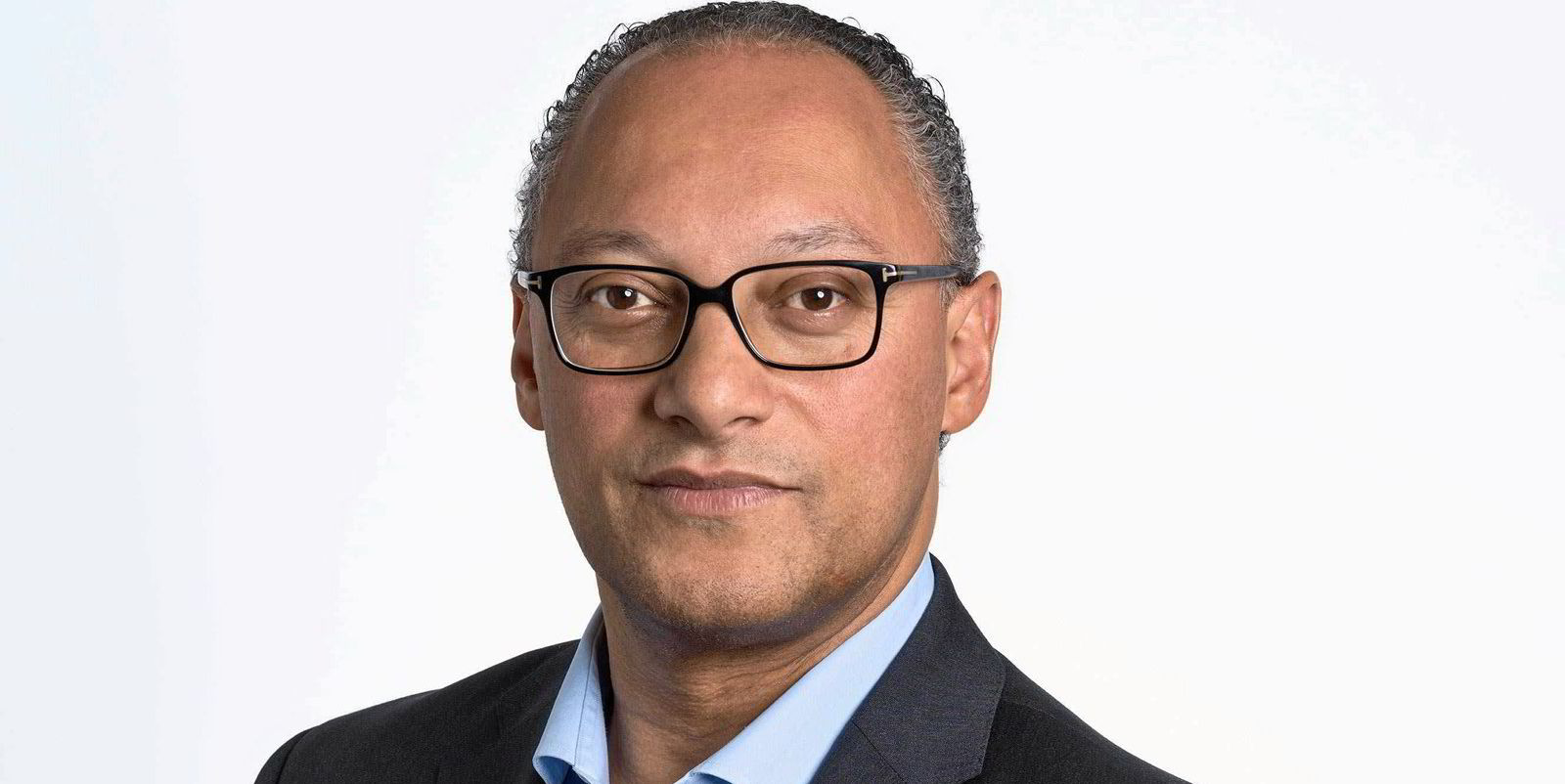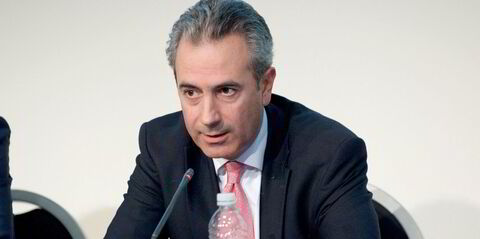Tom Fulford-Smith made his name in the world of marine insurance and this year launched underwriting business Ai Marine Risk.
After successfully setting up and then selling Latitude Brokers in the Far East with partner Charles D’Alton, the pair combined again to establish the new managing general agency (MGA) in January with the backing of private equity firm BP Marsh.
Located in the City of London — just a short walk from his famous shipbroking father Richard’s firm Affinity (Shipping) — Ai Marine Risk is already showing progress.
It has achieved in the region of 10% to 15% of its first year’s premium target of $25m and is about to open an outpost in Scandinavia.
It is writing hull, war, builders risk and loss of hire cover of up to $15m through the backing of security from SiriusPoint.
It is also in the process of being approved as a Lloyd’s of London cover holder, a move that will arm it with another $10m of A-rated backing.
The idea is to initially take up follow positions in syndicated insurance cover in the first year while it builds up a claims team.
The aim from year two is to gradually take up lead positions on such policies through its house marine expertise.
It is a dedicated approach to marine insurance that has proved successful for Scandinavian giants such as the Norwegian Hull Club, Gard, Skuld and Alandia.
“The genesis of the idea of what we want to do is to take the best of the Scandinavian model in terms of claims and loss prevention and marry that with a more commercial London approach,” Fulford-Smith said.
The company has its own risk model and is mainly targeting the gas carrier, tanker and large bulker market, although it is open to other business.
“It’s been a good start for us and we are pretty much on target with what we anticipated we would do in terms of premium income and in terms of ship types we want to focus on,” he said.
Conservative position
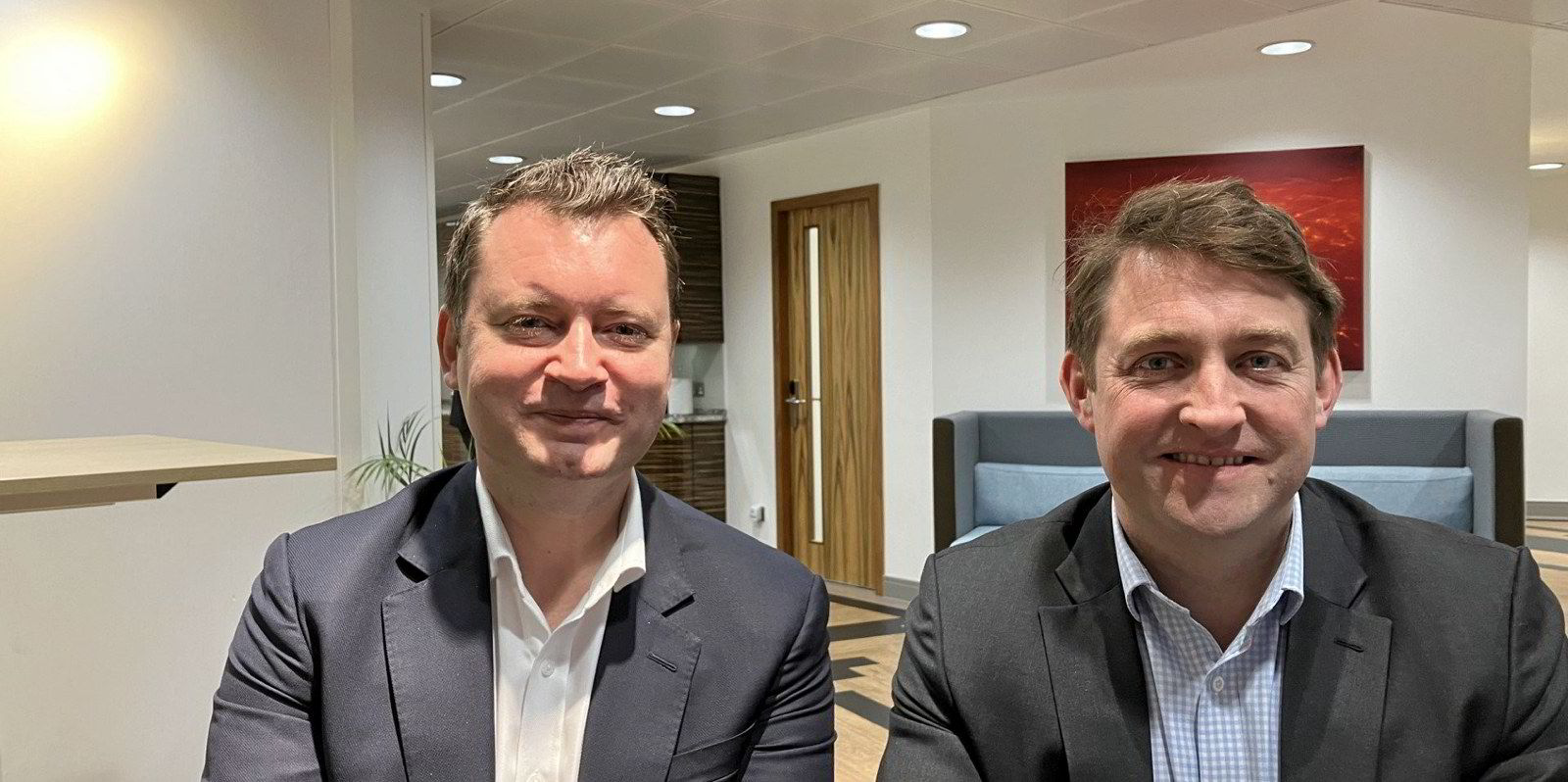
Ai Marine Risk is open to the war market and is working with intelligence firm Vanguard on risk assessment but it is generally taking a conservative position on the Red Sea and Black Sea risks.
Ai Marine Risk is one of a number of marine insurance MGAs that have been set up recently.
MGAs write insurance that is backed by larger security providers.
Fulford-Smith believes that the MGA provides the best structure to encourage a more dynamic approach to marine insurance.
He suggests the recent growth in MGAs marks a return of some dynamism to the London market after the Lloyd’s of London Decile 10 programme in 2018 forced many marine insurers out.
But there is concern that the increasing number of MGAs in the market will raise capacity and eventually start to weigh down on rates.
Fulford-Smith said he is developing a “value proposition” for shipowners that will be able to ride out the ups and downs of the market.
Sustainable business
“There is new capacity coming in all the time but, for us, we are developing a long-term sustainable business and we are investing a lot in the claims platform. The market will go up and down of course, but for us, it is very much about the value proposition.
“Certain risks will be very competitive, and everyone will want to write it, as long as we’ve done our risk analysis properly, we will be happy with the business we are writing,” he said.
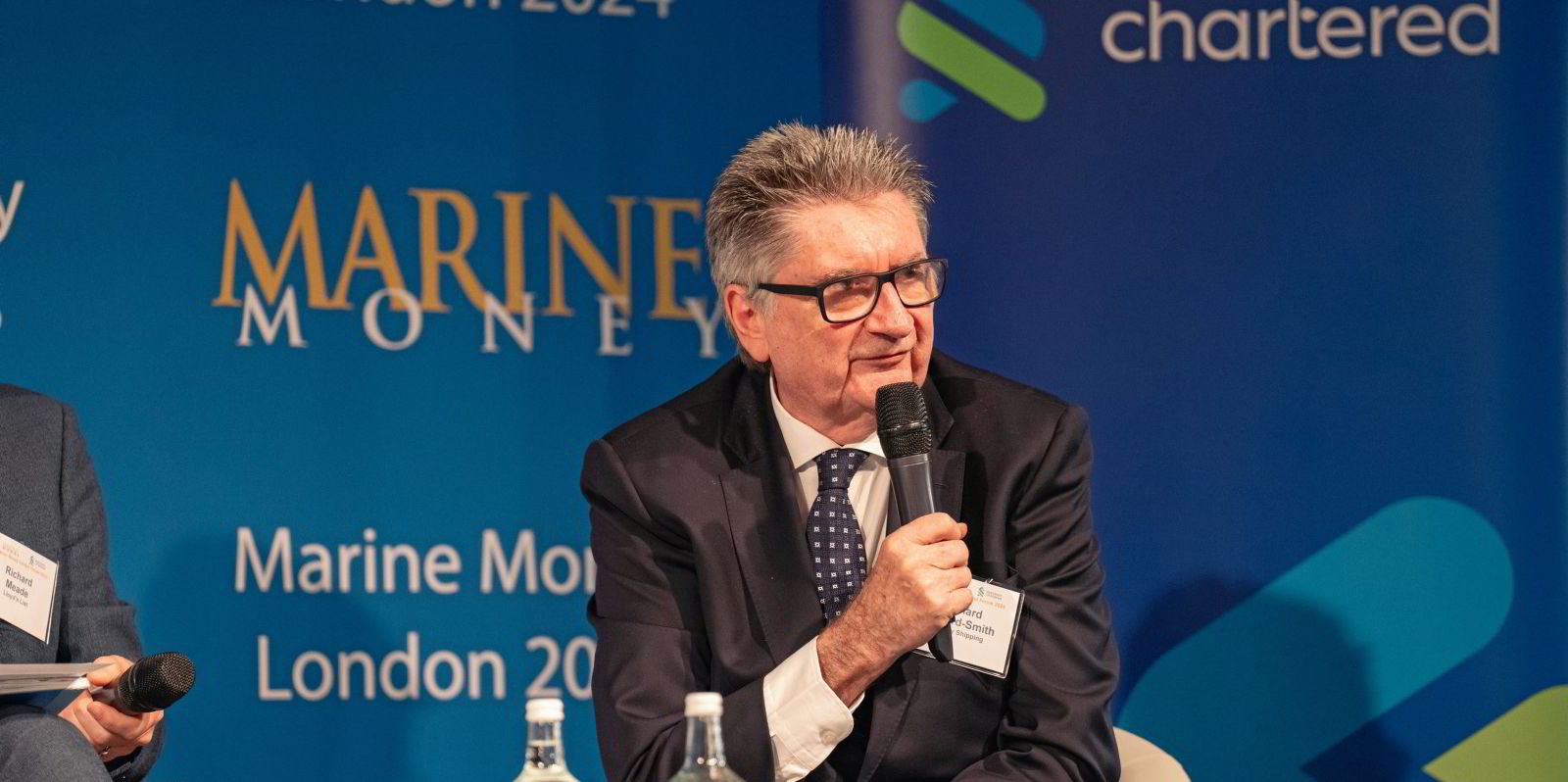
D’Alton also says Ai Marine Risk is also positioning itself for the future.
Algorithmic underwriting is gaining traction in marine insurance.
The process digitally assigns those companies that simply want to provide capital to the market to the appropriate risk. That will leave a lead position open for those with the relevant specialist claims handling and marine skills.
“In 10 years’ time, a shipowner’s slip will be 80% comprised of an algorithmic follow proposition, and 10% or 20% for a watching leader, who have the relationships and the nuances of underwriting such as claims handling, loss prevention and digitalisation skills,” D’Alton said.
“They will provide the added value and we are very much shooting to be in that 10% to 20% of the market that has the interest of the shipowners at heart,” he added.
Fulford-Smith sees the opportunity to expand the basic marine model into more innovative insurance products developed around shipowners’ needs, ranging from revenue protection to the new decarbonisation regulation such as emissions trading system.
“Clients have come up to us and said we have got this problem, is there an insurance solution? That is something we are both very keen on, we are working on a few things at the moment around things which are topical at the moment, like carbon.
“It is very much at the embryonic stage, but if we can find a solution then great, that is what we should be doing for clients.”
